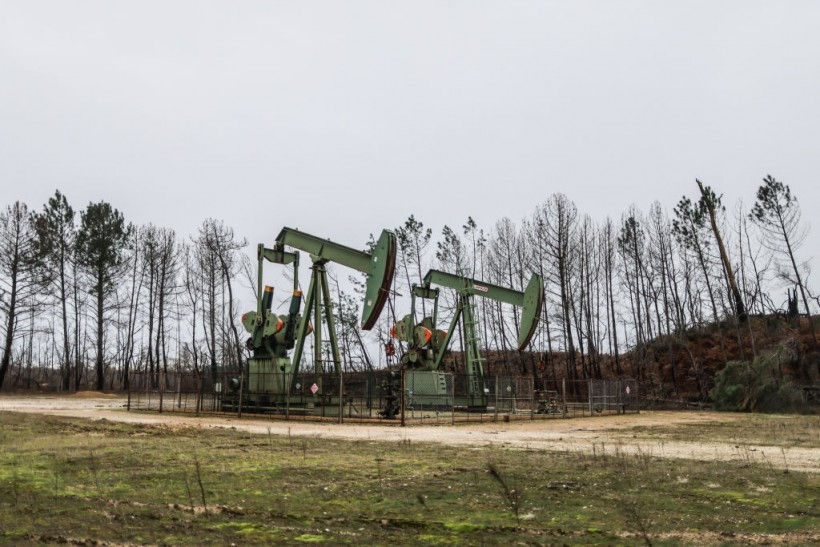An executive order issued by the New Mexico Land Commissioner extends the prohibition of new oil and natural gas leasing on state land bordering Chaco Culture National Historical Park, a region sacred to Native Americans, for the next 20 years.
Executive Order
In 2019, New Mexico State Land Commissioner Stephanie Garcia Richards signed an executive order prohibiting the drilling of new oil and gas wells in Chaco Canyon. The commissioner has now renewed the order.
It encompasses more than 113 square miles (293 square kilometers) of state trust land in northeastern New Mexico, which is a large checkerboard of private, state, federal, and tribal interests.
Following a drive by pueblos and other Southwestern indigenous nations with cultural ties to the high desert region, the US government imposed its own 20-year embargo on new oil, gas, and mineral leases near Chaco last year.
During a virtual discussion with Native American leaders and advocates, Garcia Richard stated that the goal is to prohibit construction on Chaco and the tens of thousands of acres beyond the park's boundaries that have yet to be surveyed.
"The greater Chaco landscape is one of the most special places in the world, and it would be foolish not to do everything in our power to protect it," she said.
Read Also: Climate Change Made the Federal Court Revoke Leases for Oil and Gas
Historic Day
Zuni Pueblo's lieutenant governor, Cordelia Hooee, dubbed it a historic day.
She said that tribal leaders across the region are still praying for more lasting safeguards through congressional action.
"Chaco Canyon and the greater Chaco region play an important role in the history, religion and culture of the Zuni people and other pueblo people as well. Our shared cultural landscapes must be protected into perpetuity, for our survival as Indigenous people is tied to them," she added.
The Greater Chaco Landscape is sacred to the people of New Mexico and the tribal communities that have resided there since time immemorial. For these communities, the land represents an ancestral homeland with spiritual and cultural value.
Pueblos and other southwestern tribes have been urging the state to prohibit future oil and gas production in this sensitive area, and the extension of the moratorium demonstrates that the state is listening.
Following decades of oil and gas development in the region, which has destroyed key cultural monuments and turned others into industrial parks, this action not only safeguards the physical environment but also the health and air quality of the tribal populations that call Chaco home.
The tribal significance of Chaco is evident in songs, prayers, and oral histories, and pueblo leaders said some people still make pilgrimages to the area, which features dry plains, undulating hills covered with pion and juniper, and sandstone canyons sculpted by wind and water erosion over millennia.
Chaco Culture National Historical Park, a World Heritage Site, is regarded as the core of what was once a hub of Indigenous culture.
Within the park's bounds are the towering ruins of stone structures built by the region's original inhabitants centuries ago, and old highways and related sites are strewn further out.
Related Article: California Lawmakers Call to Halt Offshore Drilling After Disastrous Orange County Spill
© 2024 NatureWorldNews.com All rights reserved. Do not reproduce without permission.


![Tsunami Hazard Zones: New US Map Shows Places at Risk of Flooding and Tsunamis Amid Rising Sea Levels [NOAA]](https://1471793142.rsc.cdn77.org/data/thumbs/full/70325/280/157/50/40/tsunami-hazard-zones-new-us-map-shows-places-at-risk-of-flooding-and-tsunamis-amid-rising-sea-levels-noaa.jpg)



